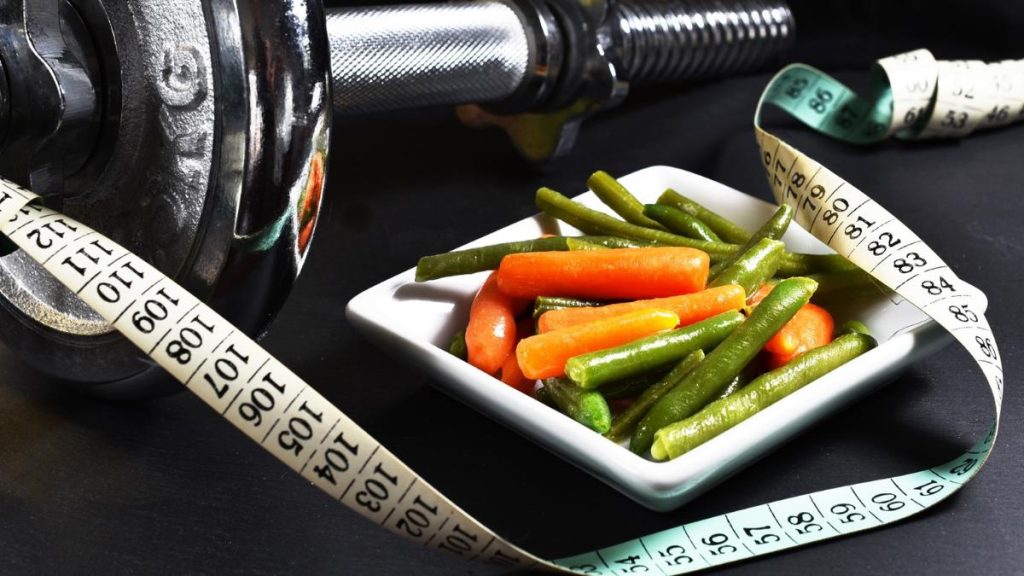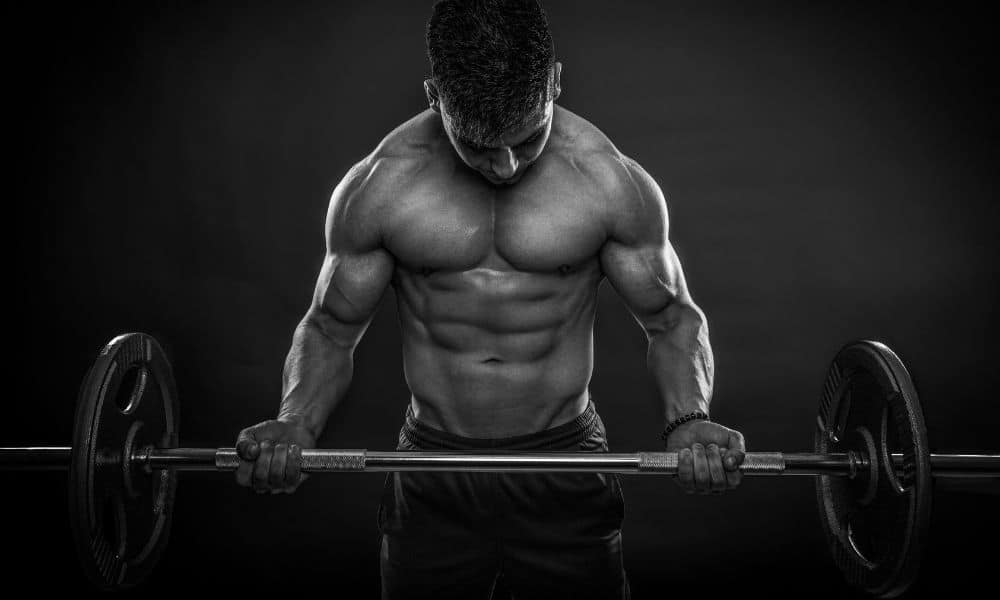After a strenuous workout, what you eat is crucial in how well your body recovers. Choosing the right foods helps repair muscle tissue, replenish energy stores, and support overall recovery. Let’s explore the best foods for post-workout recovery and highlight the key nutrients that can maximize your results.
Why Is Post-Workout Nutrition Important?
During exercise, especially intense workouts, your muscles deplete glycogen stores and undergo microscopic tears. Post-workout nutrition restores glycogen, repairs muscle tissue, and provides the body with the nutrients it needs to recover and grow. Without adequate nutrition, your recovery may slow down, leaving you more susceptible to fatigue and potential injuries.
What Are the Key Nutrients Needed for Recovery?
- Protein: Essential for muscle repair and growth. Protein provides amino acids, which are the building blocks for muscle tissue.
- Carbohydrates: Restore glycogen stores, replenishing the energy lost during exercise.
- Healthy Fats: Help reduce inflammation, supporting overall recovery.
- Electrolytes: Sodium, potassium, and magnesium are critical for rehydration and muscle function.
Which Foods Are Best for Post-Workout Recovery?
1. Eggs
Eggs are a fantastic source of high-quality protein and contain all nine essential amino acids. They’re versatile, easy to prepare, and have 6-8 grams of protein per egg. The amino acids in eggs, particularly leucine, stimulate muscle repair, making them ideal for recovery.
How to Enjoy: Have a scrambled egg on whole-grain toast or add boiled eggs to a post-workout salad.
2. Greek Yogurt
Greek yogurt is packed with protein (about 10-15 grams per serving) and contains probiotics, which aid digestion. Adding fruits to Greek yogurt also provides a source of carbohydrates, making it a balanced option for post-workout nutrition.
How to Enjoy: Mix Greek yogurt with berries and a sprinkle of nuts or granola for added nutrients and texture.
3. Bananas
Bananas are rich in fast-digesting carbs and potassium, an electrolyte that helps prevent muscle cramps. The natural sugars in bananas help replenish glycogen stores, providing a quick energy source for recovery.
How to Enjoy: Pair a banana with a protein source like almond butter or blend it into a post-workout smoothie.
4. Chicken Breast
Lean protein sources, such as chicken breast, are great for muscle repair without adding extra fat. A 3-ounce serving of chicken provides around 26 grams of protein and essential amino acids to support recovery.
How to Enjoy: Combine grilled chicken with brown rice and steamed vegetables for a balanced post-workout meal.
5. Sweet Potatoes
Sweet potatoes are rich in complex carbs, providing a steady release of energy to replenish glycogen stores. They’re also high in vitamins A and C, which support the immune system and help reduce inflammation.
How to Enjoy: Bake or roast sweet potatoes and enjoy them as a side with a protein source like fish or chicken.
6. Salmon
Salmon is a powerhouse for recovery, offering high-quality protein and omega-3 fatty acids. Omega-3s help reduce inflammation, which can accelerate recovery and decrease muscle soreness.
How to Enjoy: For a nutritious post-workout meal, try a salmon fillet with quinoa and a side of vegetables.
7. Cottage Cheese
Cottage cheese is an excellent source of casein, a slow-digesting protein that provides your muscles with amino acids over an extended period. This makes it an excellent choice for recovery, primarily if you work out in the evening.
How to Enjoy: Top cottage cheese with fresh fruit like pineapple or blueberries for added carbohydrates and antioxidants.
8. Quinoa
Quinoa is a complete protein containing all nine essential amino acids, making it ideal for muscle repair. It’s also high in fiber, which supports digestion, and contains carbs that help replenish glycogen.
How to Enjoy: Add quinoa to a salad or serve it as a side dish with your favorite protein.
9. Nuts and Seeds
Almonds, chia seeds, and flaxseeds provide healthy fats, protein, and a range of vitamins and minerals that aid recovery. They’re also anti-inflammatory, helping reduce muscle soreness after workouts.
How to Enjoy: Add nuts and seeds to smoothies, oatmeal, or yogurt for an extra nutritional boost.
10. Whole Grains (e.g., Brown Rice, Oats)
Whole grains like brown rice and oats are excellent sources of complex carbohydrates. They help gradually restore glycogen levels, keeping energy levels steady.
How to Enjoy: Prepare oatmeal with protein powder, or have brown rice as a side with your favorite lean protein.
How Much Should You Eat for Post-Workout Recovery?
- Protein: Aim for about 20-30 grams per meal post-workout. This helps maximize muscle protein synthesis.
- Carbohydrates: Consume about 1-1.5 grams of carbs per kilogram of body weight to restore glycogen effectively.
- Fats: Keep post-workout fats minimal to moderate, as they can slow digestion. However, healthy fats are still essential for recovery.
Timing Matters: When to Eat Post-Workout
The “anabolic window” is the period after exercise when nutrient absorption is optimized. To maximize recovery benefits, aim to consume your post-workout meal within 30-60 minutes after your workout.
Frequently Asked Questions
Can I skip the post-workout meal if I’m trying to lose weight?
Skipping post-workout nutrition can slow recovery and hinder your performance in future workouts. Instead, focus on low-calorie options like Greek yogurt or a small smoothie to get essential nutrients without excess calories.
Are protein shakes necessary after workouts?
Protein shakes are convenient and effective, especially in a rush. However, whole foods like eggs, chicken, or yogurt are excellent protein sources and can be just as effective for recovery.
What’s the best drink for recovery?
Water is essential, but adding electrolytes helps replace minerals lost through sweat. Coconut water, low-fat chocolate milk, or a homemade electrolyte drink can aid in rehydration and recovery.
Key Takeaways
- Focus on Balanced Meals: Choose foods that combine protein, carbs, and healthy fats.
- Prioritize Whole Foods: Whole foods offer better nutrition and sustained energy for recovery than processed options.
- Don’t Forget Hydration: Staying hydrated is crucial, especially after an intense workout. Drink water and consider electrolyte-rich drinks to rehydrate effectively.
Incorporating these foods into your post-workout routine can significantly improve your recovery and overall performance. Remember, recovery is just as important as the workout itself—nourishing your body to support your fitness goals.
Read Next…
- Protein Utilization Rate: Best Foods for Muscle Growth and Fat Loss
- Delicious Beef Recipes To Support Muscle Growth
- How to Use a Post-Workout Meal to Build Muscle and Improve Recovery
- Best Pre-Workout Meal for Muscle Building: What to Eat Before Training
- The Role of Diet in Building Muscle: How Much Does It Matter?




